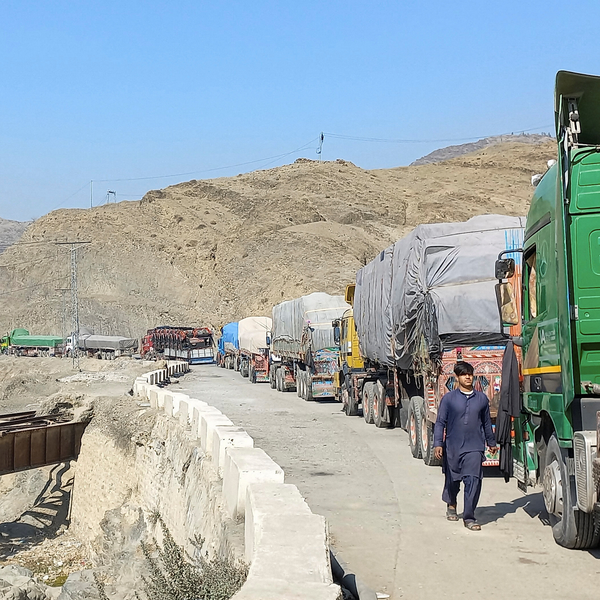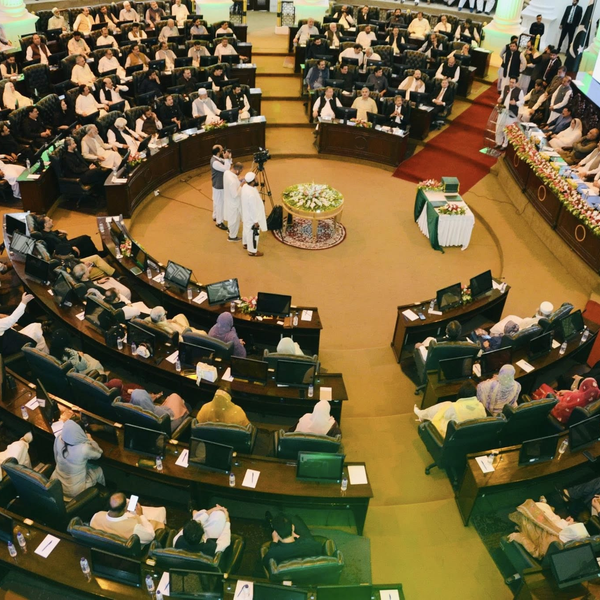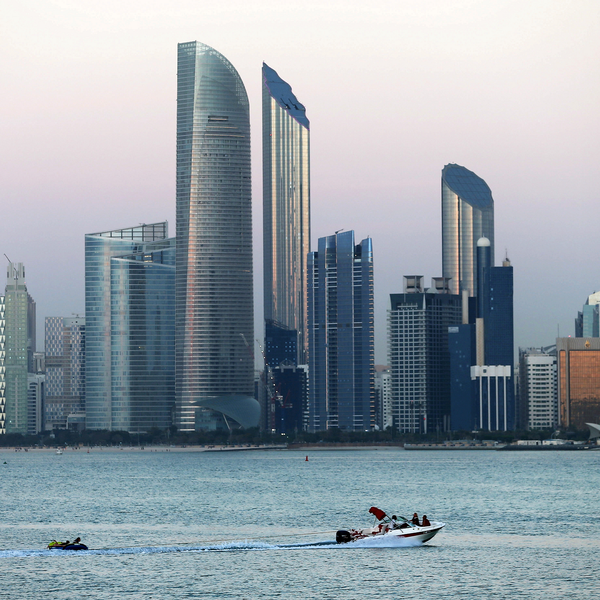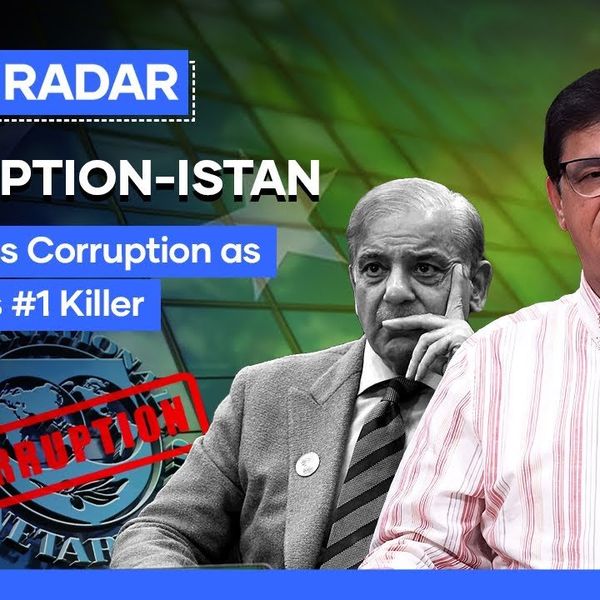Textile exports declined by over $3 billion in 2 years due to govt policies: APTMA
APTMA chairman says several industrial units have completely shut down, while many have reduced production capacity by over 50%

Javed Mirza
Correspondent
Javed Iqbal Mirza is an experienced journalist with over a decade of expertise in business reporting, news analysis, and investigative journalism. His work spans breaking news, editorial pieces, and in-depth interviews.

A worker stitches fabric at a textile mill in Pakistan
Shutterstock
Pakistan’s textile exports have declined from $19.33 billion in FY22 to $16 billion in FY24 due to the government’s anti-industry policies that have increased the cost of production, according to the All Pakistan Textile Mills Association (APTMA).
Speaking at a press conference on Thursday, Chairman APTMA South Zahid Mazhar said that several industrial units had completely shut down, while many had reduced their production capacity by over 50%.
“In fiscal year 2021-22, textile sector exports had reached $19.33 billion and we were targeting the $25 billion mark. We even invested around $5 billion in machinery and equipment,” he said. “But the exponential increase in interest rates and energy prices inflicted severe losses. Textile production declined by 30%, and exports declined to $16 billion.”
APTMA leaders lamented that the government framed industry-related policies without any input from industrialists.
“Interest rates and energy prices in Pakistan are the highest in the region. We can’t compete against India and Bangladesh, which are our primary competitors,” Mazhar said.
The APTMA chairman noted the industrial electricity tariff in Pakistan was 16 cents/kWh compared to 8.8 cents in Bangladesh and six cents in India.
Similarly, the industrial gas tariff in Pakistan is $14/mmbtu compared to $7 in India and $8 in Bangladesh.
Meanwhile, Pakistan’s interest rate is 19.5% (down from a record 22% till June 2024) compared to Bangladesh’s 8.5% and India’s 6.5%.
“Our cost of doing business is more than double compared to our main competitors. Industrial units are shutting down because of this.”
Former APTMA chairman Yasin Siddique said the government had already increased the gas tariff for captive power plants from PKR850 two years ago to PKR3,000.
Moreover, the government is considering an International Monetary Fund (IMF) proposal to cut gas supply to captive power plants from February 2025, he added.
“The government is pressurizing us to buy electricity from the grid. As far as Karachi is concerned, K-Electric does not have the capacity to cater to industrial demand. Its transmission and distribution infrastructure are subpar. Such a measure would annihilate the industrial sector,” he warned.
APTMA demanded the government make industry friendly and export-promoting policies. “Interest rates should be reduced in line with the prevailing inflation, cross subsidies should be eliminated, and electricity rates should be reduced to enable the industrial wheel to keep turning,” Mazhar concluded.










Comments
See what people are discussing